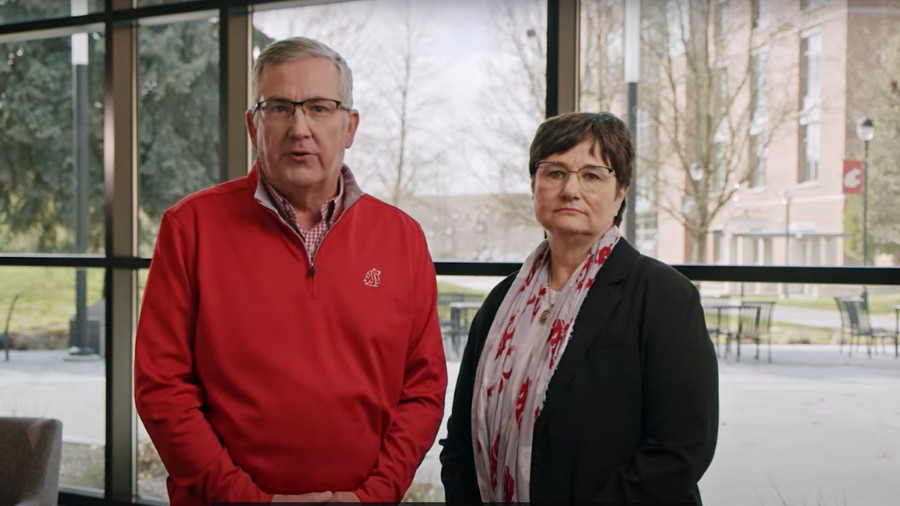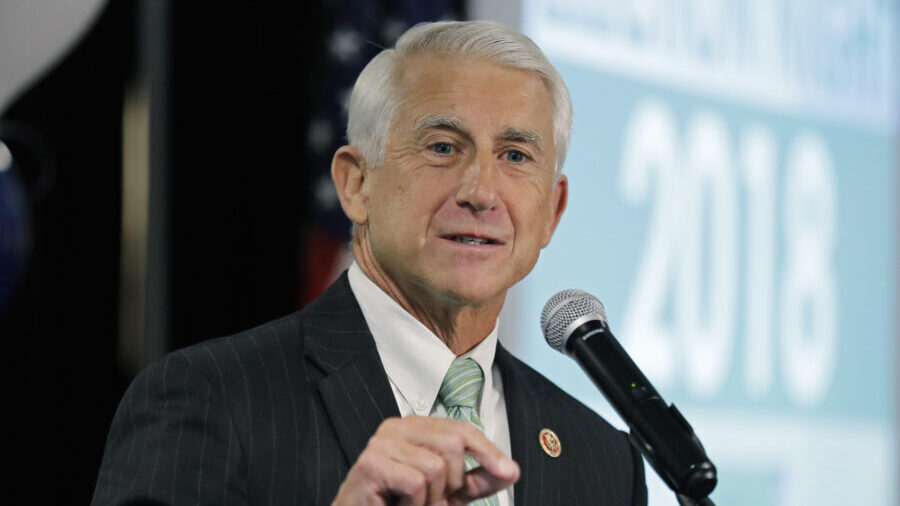Lawmakers, cops expand LEAD program across Washington state
May 10, 2019, 6:50 AM
A Seattle and King County diversion program for low-level offenders is expanding statewide. The LEAD program — or Law Enforcement Assisted Diversion — gives law enforcement the option to divert drug charges, prostitution, and other low level offenders dealing with behavioral health issues to social workers or case workers for treatment and services, rather than jail time.
It was a first-in-the-nation approach when Seattle launched it in its Belltown neighborhood back in 2011, and was expanded to more areas of the city in the ensuing years. Last year, King County moved to expand it to three more cities.
RELATED: Bellevue’s newest tool in the fight against opioid addiction
RELATED: King Co. prosecutor argues for LEAD program
Now, Democratic Rep. Roger Goodman says the Legislature has approved a grant program that will allow law enforcement across the state to apply for grant money to expand the LEAD program.
The goal?
“To intervene with people who have been arrested over and over again, who have either a mental health or substance abuse problem, but to intervene before we even arrest them,” Goodman said.
“We know who they are, they’re on the streets, and we have to intervene with them on the streets, and give them a helping hand so that they don’t continue this cycle in and out of jail,” Goodman added.
Goodman called it a major victory, and the first substantial effort by the state to beef up the resources law enforcement needs.
“We cannot arrest our way out of mental illness, and we cannot arrest our way out of substance use disorder,” Goodman said.
“These people who may be causing public disorder, and they may be somewhat of a nuisance, they may be trespassing, they do not intend harm to others. Now, if someone harms someone else, they need to be held accountable, and they very well need to be arrested and confined, but most people are not physically harming others — they’re just suffering,” Goodman added.
The bill had near-universal support among lawmakers, and law enforcement, including Republican Rep. Morgan Irwin, a Seattle cop, because it gives these lower level offenders a chance to turn things around.
“That’s the idea,” Irwin said. “How can we stop recidivism? How can we stop people who are just in a constant cycle of commit a crime, get incarcerated, come back out, have no resources, commit another crime get incarcerated?”
Irwin said anything that can help break that cycle is a good move and helps cops, the community, and hopefully the offender.
“Understanding that you can’t fix everybody, but if we can at least give people the opportunity to like honestly screw it up instead of just being in such a bad situation, if we can do that, then when it comes time to actually incarcerate somebody, we can feel a little better about that incarceration and say ‘you know what, no — this was not just a crime of circumstance but this was a conscious decision this person made when they rejected all other choices,’” Irwin added.
As for whether this can help with the issue of repeat offenders, Lynnette Buffington, Executive Director of the Washington Fraternal Order of Police thinks so.
“These alternatives to incarceration have been proven through some University of Washington studies to have a positive impact on reducing recidivism, and providing people support and treatment that they might need. If it’s used properly, it’s not abused, and it’s present enough in multiple communities, it can be effective,” Buffington said.
Lisa Daugaard, who manages Seattle’s LEAD program, said the expansion is desperately needed, because right now case managers have hit a ceiling. That means cops can’t refer anyone they want to the program.
She said that lack of capacity will actually lead to more prolific offenders.
Of the more than 600 active participants in the Seattle program right now, Daugaard said only 11 were in the recent prolific offenders list, and of those, only five had been in the program more than a couple of months. Just one was in the program for over a year.
She said those represent a very small group that have not improved under the LEAD program, but she stressed that is extremely rare.
In 2018, there were a total of 371 referrals; 34 came after arrests, while 337 were social contact referrals, where cops get to people before they’re arrested. Sixty-two of those 371 took part in ongoing mental health services. 205 were in ongoing substance abuse services, and 84 were moved into permanent housing.
Daugaard said many of those in LEAD would likely have ended up on that prolific offenders list had they not been in the program, which targets this particular group of offenders.
Daugaard also said that LEAD likely could have helped many of those who were on the prolific offenders report, had the program had the capacity to take them, which is why she said this expansion is so important.














